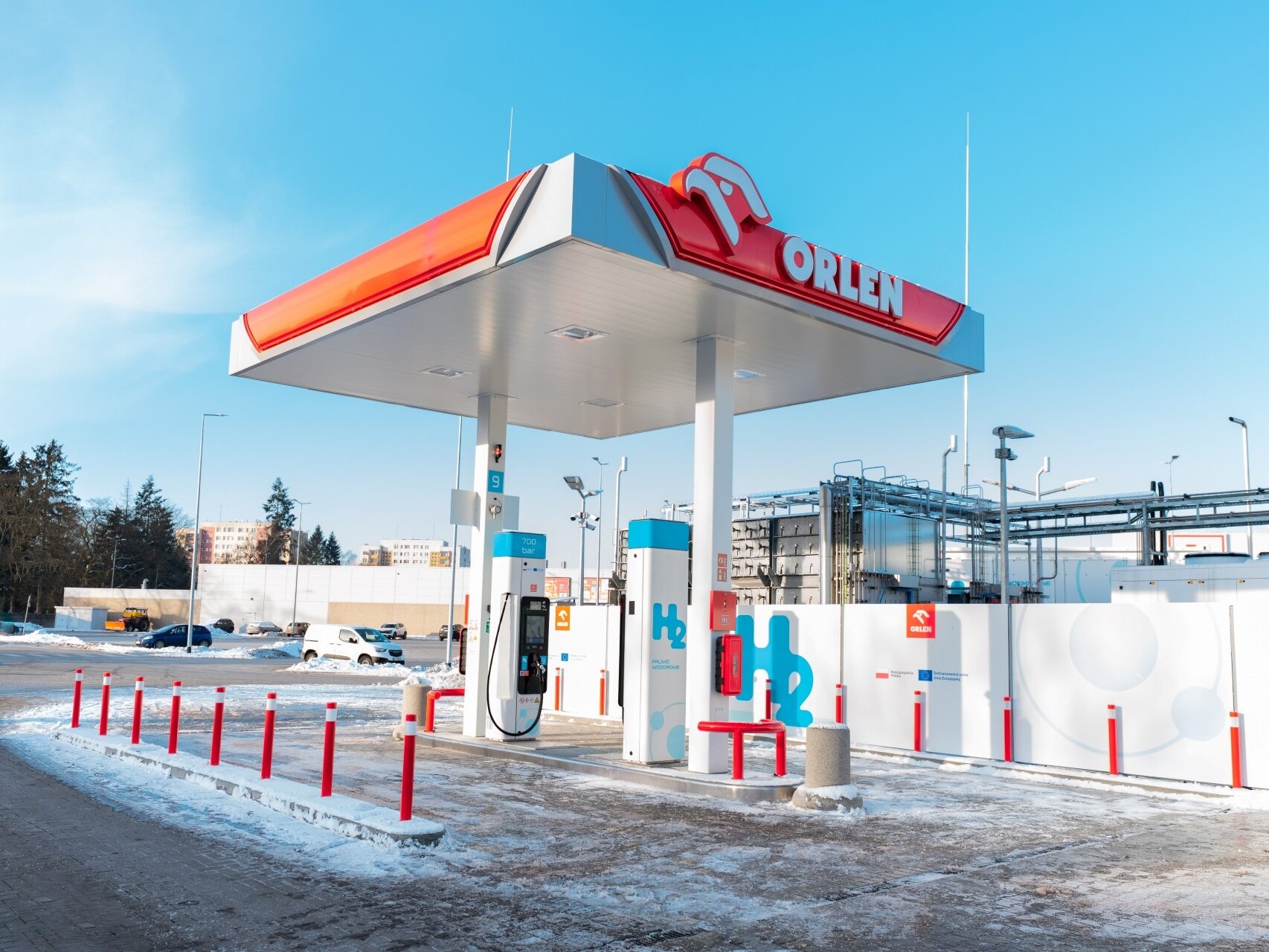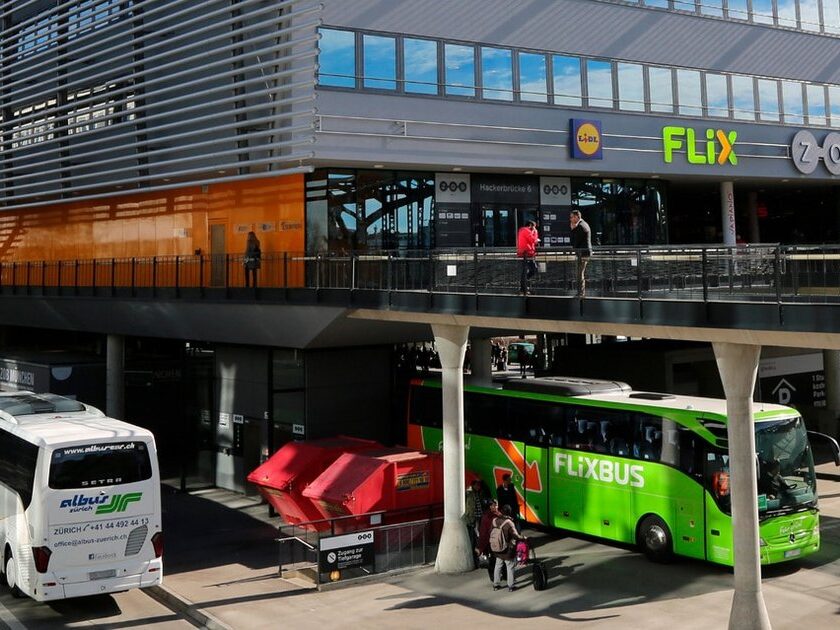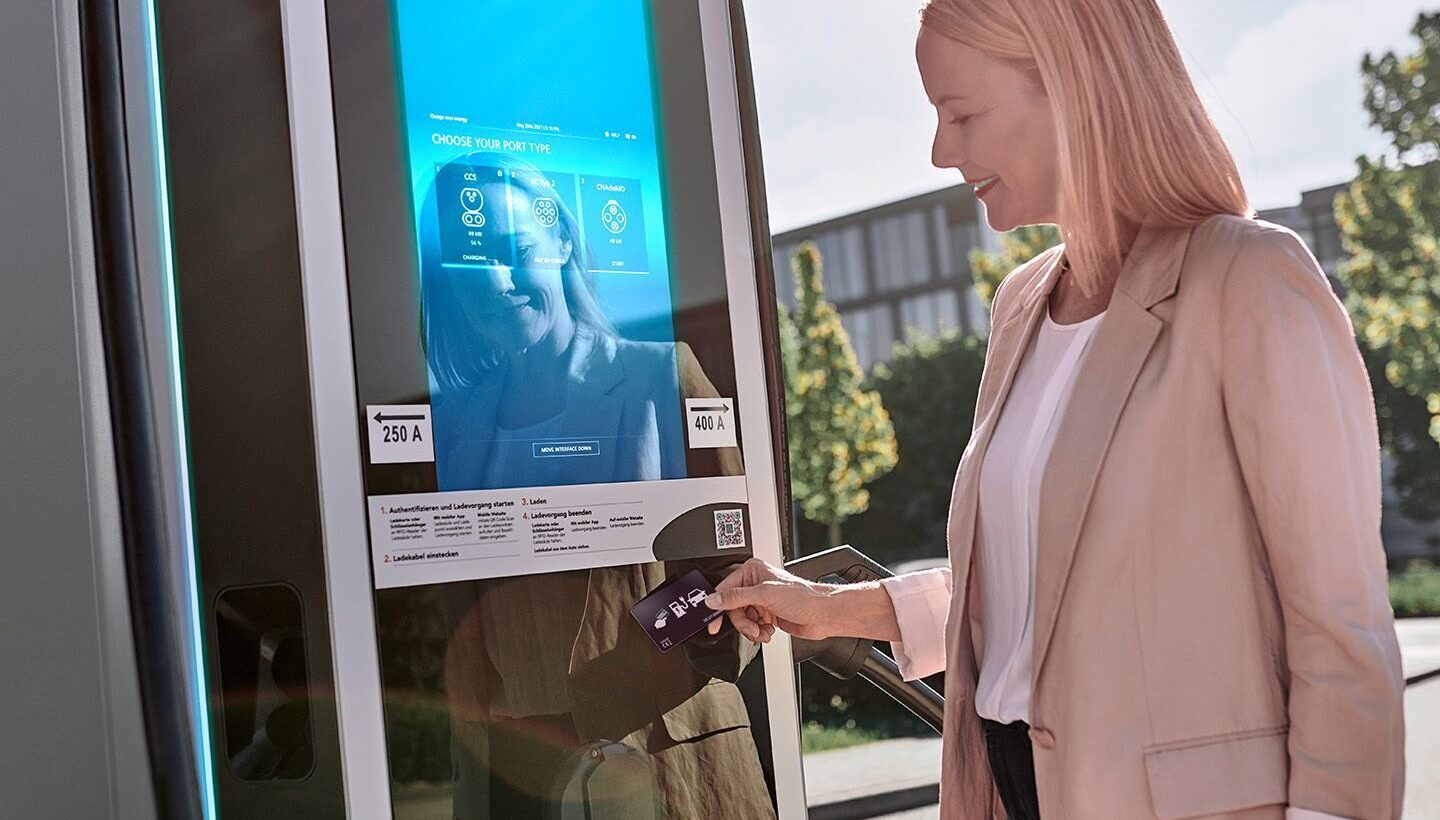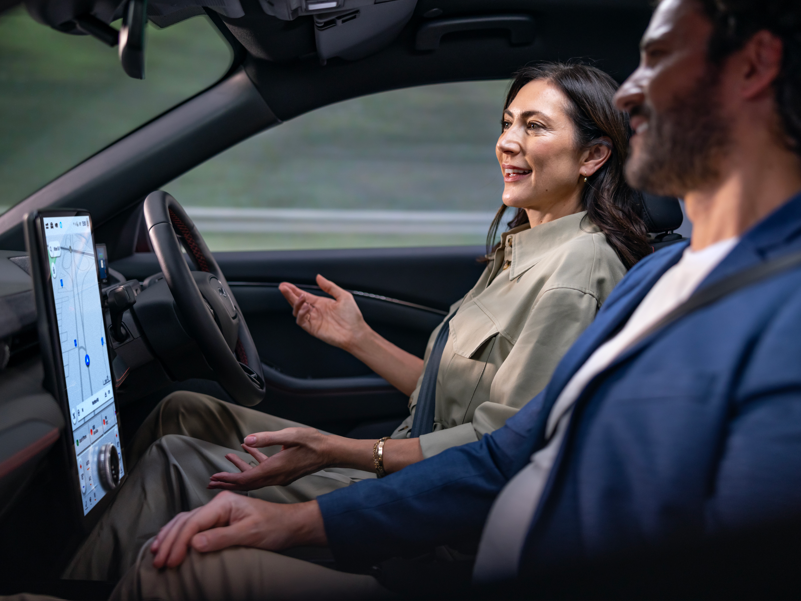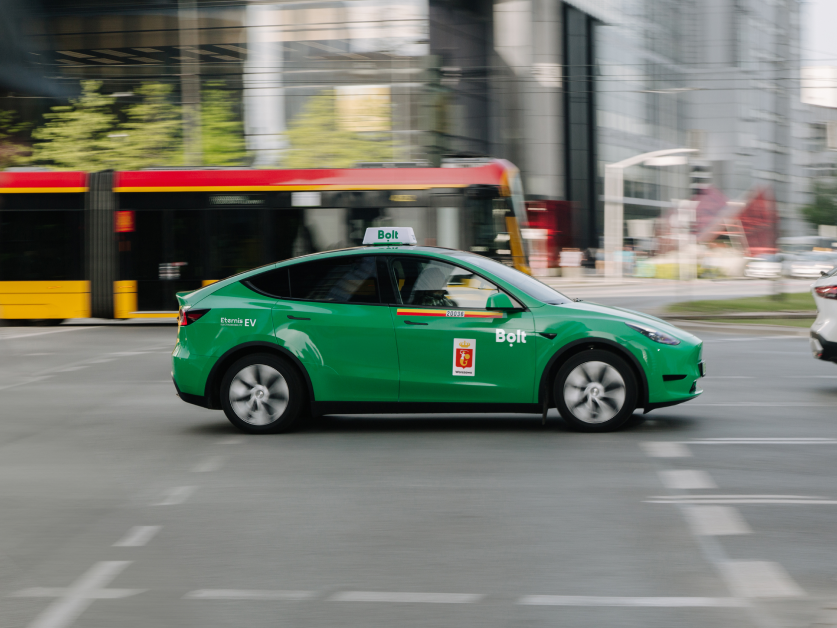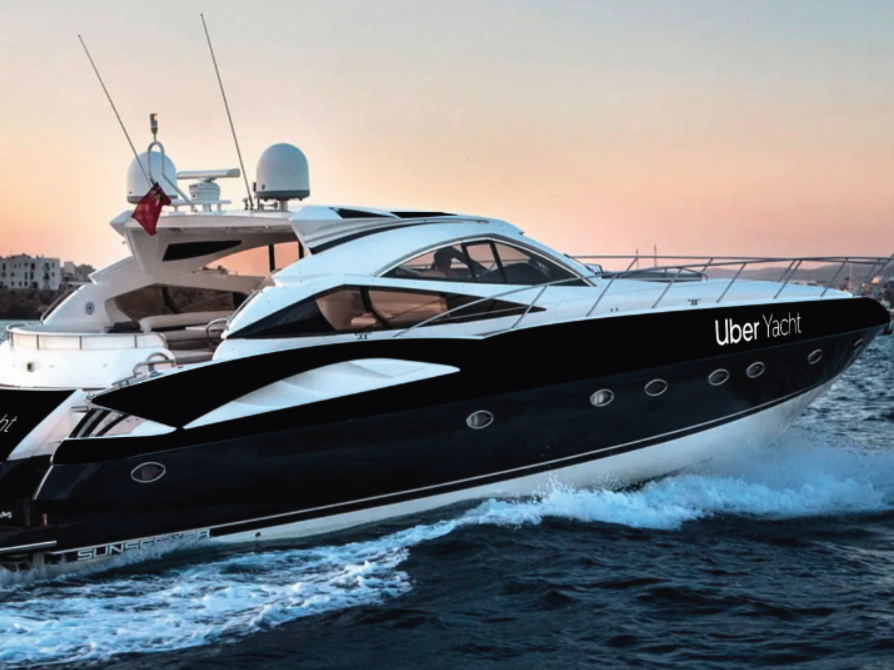InCabin Europe is taking place in Barcelona from 8-10 October, exploring the latest advancements in in-cabin automotive technology.
The event brings together professionals from across the automotive, technology, and mobility sectors to discuss the future of in-cabin systems, focusing on safety, comfort, and driver experience.
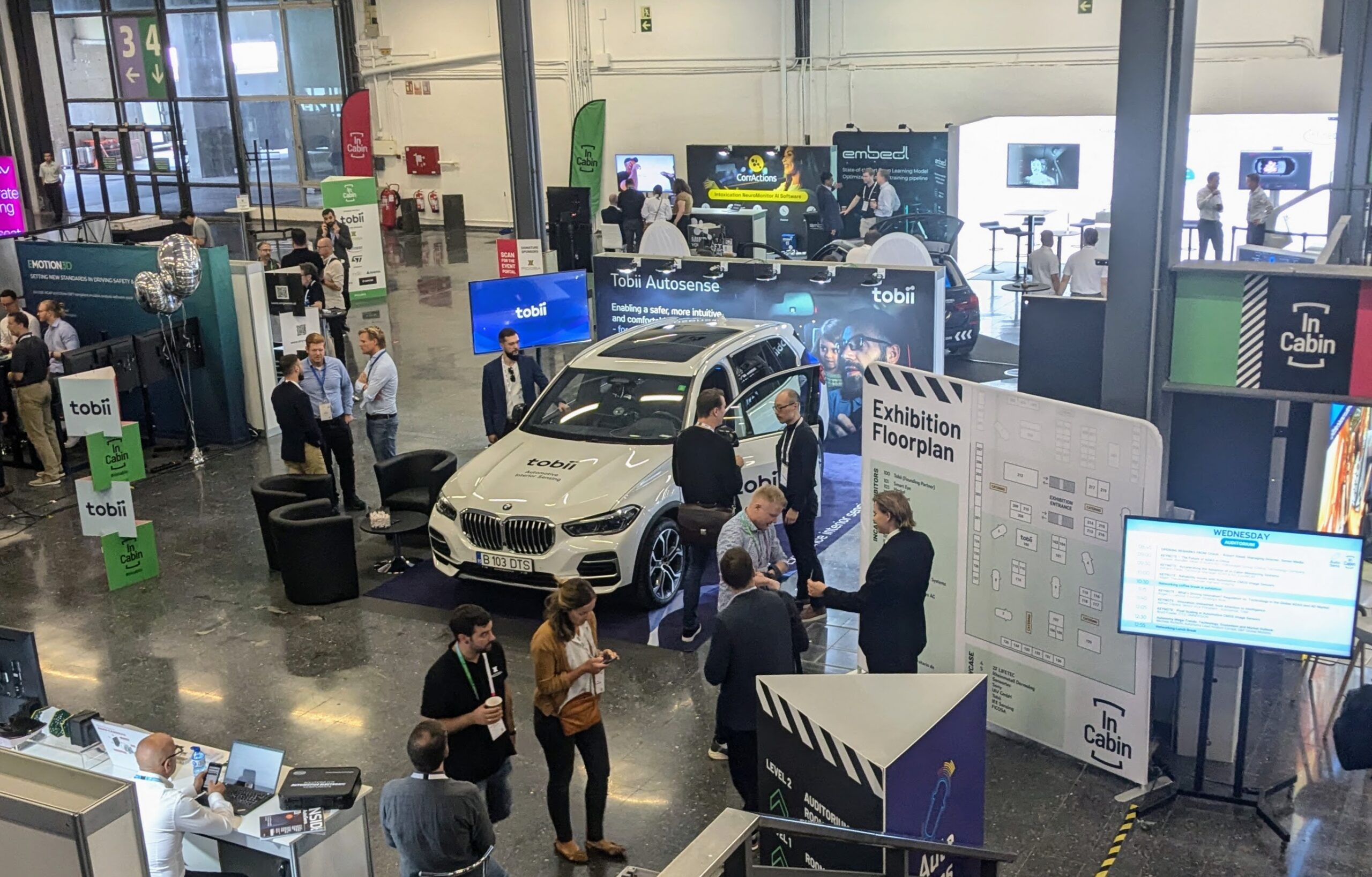
In-Cabin Sensors
InCabin serves as a platform to showcase the latest developments in in-cabin sensing, ranging from AI-powered driver monitoring systems (DMS) to advanced infotainment and comfort solutions.
To highlight specific examples, a number of these innovations were presented during the event’s Press Briefing on 9 October.
For example, Alain Schumacher presented IEE’s work in the sector over the past 30 years, with the company delivering over 500 million in-cabin sensors. These sensors were initially integrated to prevent airbags from being deployed for empty seats, thus reducing unnecessary costs. Now, the company’s portfolio includes seat belt reminders, hands-off detection, child presence detection, occupant classification, and driver monitoring systems.
Crucially, these features can play a major role in enhancing road safety. Indeed, Driver Monitoring Systems (DMS) can detect a driver’s state and provide warnings or interventions if they are distracted or impaired.
Moving forward, IEE now plans to extend the benefits of such technology by fusing multiple sensors. Sensor fusion combines multiple sensor inputs to provide a more comprehensive understanding of the vehicle’s occupants and environment, thus enabling the delivery of additional safety and comfort features.
This sentiment was echoed by Martin Lass at Infineon, who also stressed the benefits of fusing data from multiple sensors to optimise in-cabin sensing. As a specific example, Lass highlighted the benefits of 3D, measured data that can validate AI calculations. Infineon’s latest Time-of-Flight (ToF) sensor integrates with a vertical cavity surface emitting laser (VCSEL) to make 3D camera modules smaller, more affordable, and more efficient.
In addition to participation from long-established players in the market, InCabin also provides a platform for start-up companies in the industry. For example, Eye2Drive presented its bio-inspired imaging technology that mimics the flexibility of the human eye to provide more reliable content.
Monica Vatteroni, CEO and co-founder of EYE2DRIVE, said:We are excited to participate in InCabin Europe 2024, which is a key event for showcasing the latest technologies in cabin systems and autonomous navigation. Our sensors are designed to adapt dynamically to changing light conditions, offering a competitive edge in industries where precision and adaptability are paramount.
Global Impact
To leverage the benefits of these sensor technologies, features such as DMS are now being mandated in new cars in Europe under the EU’s General Safety Regulation (GSR).
Meanwhile, innovation remains just as significant elsewhere in the world. For example, Novus has developed a suite of GSR-compliant ADAS products, which includes in-cabin functions. Mr. Anuj Kapuria, CEO and Founder of Novus noted that the company is driven by a motivation to improve road safety in India, where road fatalities currently occur at an average of every 4-6 minutes. Its NOVUS suite includes:
- Driver Drowsiness & Alertness Warning (DDAW): Monitors driver fatigue levels and suggests rest breaks to reduce accident risk.
- Advanced Driver Distraction Warning (ADDW): Tracks driver attention and issues alerts when the driver is distracted from the road.
These in-cabin features can be combined with external sensors that provide a Moving Off Information System (MOIS); Blind Spot Information System (BSIS); Reversing Information System (REIS); and Intelligent Speed Assist (ISA).
Validation
Despite the developments in producing in-cain sensing technology, there are currently no clear standards for validating such systems, which arguably hinders customer acceptance and go-to-market.
As a result, Anyverse has introduced a new validation workflow for automotive in-cabin monitoring systems that aims to addresses challenges faced by suppliers, integrators, and OEMs in meeting compliance requirements.
The workflow includes tailored synthetic datasets for regulatory compliance, custom datasets for system adjustments, and realistic simulations of vehicles, drivers, and sensor behaviors.
By standardising validation and improving reliability, Anyverse hopes to enable faster, more efficient integration of in-cabin monitoring systems. In addition, through the validation process, Anyverse can also collect new data to further improve the systems.
DMS Use Case: Driver Intoxication
What’s more, the InCabin Press Briefing highlighted how data can be collected from active driver monitoring systems to benefit the development of future solutions.
For example, Sightic has partnered with a major European OEM and a global Tier 1 supplier to conduct the largest-ever naturalistic intoxicated driving data collection project. By gathering real-world data from hundreds of drivers, the company aims to advance impaired driving detection technologies.
To do so, Sightic has secured ethical approvals to analyse controlled, high blood alcohol driving scenarios, while ensuring diverse representation across age, gender, and ethnicity. Notably, the study focuses on impairment rather than alcohol levels in acknowledgement of the fact that people have vastly different alcohol tolerances.
Within this space, VinAI also presented DrunkSense, the world’s first system that passively detects drunk driving without a breathalyser. Instead, the system combines facial expressions, vehicle control monitoring and air alcohol sensors.
DrunkSense offers significant advantages over traditional breathalysers thanks to its continuous operation and lack of need for human interaction. This allows the system to provide timely warnings or interventions, even when the driver’s blood alcohol concentration is below the legal limit, enhancing overall safety and preventing impaired driving incidents.
These innovations thus underscore the significant potential of the technological advancements in the in-cabin sector, highlighting their critical role in enhancing safety.
Alongside its showcase of the latest technologies, InCabin also hosts a range of thought-leadership discussions and keynote speeches for the automotive industry. Stay tuned or subscribe to follow our subsequent coverage of this content.



